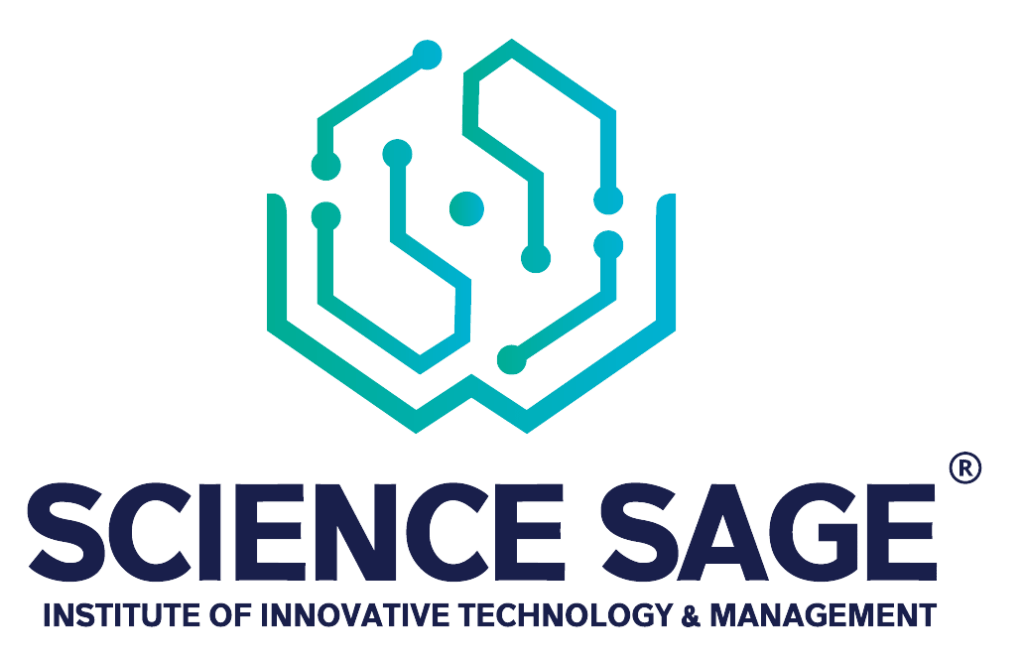- Prerequisites
- Higher Secondary Passed
- Course Duration
- 2 Years
The Diploma in Blood Bank Nursing is a specialized program designed to train nurses in the management of blood banks and the provision of safe and efficient blood transfusion services. This diploma equips nurses with the necessary knowledge and skills to work in blood banks, transfusion services, and related healthcare settings. Below is a detailed description of the program:

Course Overview
- Duration: The Diploma in Blood Bank Nursing program typically spans one to two years, depending on the curriculum and institution offering the program.
- Curriculum: The curriculum covers a wide range of subjects related to blood banking, transfusion medicine, nursing care in blood transfusion, laboratory techniques, and quality management in blood banks. Courses may include blood collection and processing, blood typing and crossmatching, transfusion reactions and complications, donor screening and recruitment, storage and preservation of blood products, transfusion safety protocols, and regulatory requirements.
- Clinical Training: Clinical training is a crucial component of the program, allowing students to gain hands-on experience in blood bank operations and transfusion practices. Students may undergo rotations in blood banks, transfusion services, and clinical settings where blood transfusions are performed, under the supervision of experienced nurses and healthcare professionals.
- Laboratory Skills: Students learn laboratory techniques used in blood banking, such as blood grouping, compatibility testing, antibody screening, component preparation, and quality control procedures. They also acquire skills in handling blood products, maintaining inventory, and ensuring compliance with regulatory standards.
- Transfusion Safety: Emphasis is placed on transfusion safety measures to prevent adverse reactions and ensure the safe administration of blood products. Students learn about patient identification, blood product verification, transfusion documentation, monitoring for adverse events, and emergency management of transfusion reactions.
- Quality Management: Quality management principles are integrated into the curriculum to instill a culture of quality and continuous improvement in blood banking practices. Students learn about quality assurance, quality control, accreditation standards, and compliance with regulatory guidelines governing blood transfusion services.

Course Structure
- Core Subjects:
– Blood Banking and Transfusion Medicine
– Blood Collection and Processing Techniques
– Blood Group Serology
– Immunohematology
– Transfusion Reactions and Complications
– Donor Screening and Recruitment
– Blood Product Storage and Handling
– Transfusion Safety Protocols
– Quality Management in Blood Banking
– Regulatory Requirements and Accreditation Standards - Clinical Practicum:
– Rotations in Blood Banks and Transfusion Services
– Hands-on Training in Blood Collection and Processing
– Observation of Blood Transfusions and Patient Monitoring
– Participation in Quality Assurance Activities
– Exposure to Emergency Situations and Transfusion Reactions - Laboratory Skills Training:
– Blood Typing and Crossmatching Techniques
– Antibody Screening and Identification
– Component Preparation and Labeling
– Blood Product Inventory Management
– Quality Control Procedures - Case Studies and Simulations:
- Analysis of Case Studies Related to Blood Transfusion Practice
- Simulation Exercises for Emergency Response and Transfusion Scenarios
- Problem-Based Learning Activities for Decision Making in Blood Banking

Key Skills Developed
- Clinical Competence: Proficiency in performing blood collection, processing, and transfusion procedures with precision, accuracy, and adherence to safety protocols.
- Transfusion Safety: Knowledge of transfusion safety measures, identification of potential risks, and implementation of preventive strategies to minimize adverse reactions and ensure patient safety during transfusion therapy.
- Critical Thinking: Ability to assess patient needs, anticipate complications, and make timely decisions in emergency situations related to blood transfusion practice.
- Communication Skills: Effective communication with patients, donors, healthcare team members, and regulatory agencies regarding blood banking procedures, transfusion protocols, and patient care guidelines.
- Attention to Detail: Diligence in verifying patient identities, blood product compatibility, and documentation accuracy to prevent errors and ensure the quality and safety of blood transfusions.
- Teamwork and Collaboration: Collaboration with multidisciplinary teams, including laboratory staff, physicians, and other healthcare professionals, to coordinate blood transfusion services and deliver comprehensive patient care.

Career Opportunities
- Blood Bank Nurse: Graduates of the diploma program can work as blood bank nurses, responsible for managing blood bank operations, performing blood collection and processing procedures, ensuring transfusion safety, and providing nursing care to patients undergoing blood transfusions.
- Transfusion Nurse: Transfusion nurses specialize in administering blood transfusions, monitoring patients for adverse reactions, and providing patient education and support regarding transfusion therapy in hospitals, clinics, and blood donation centers.
- Quality Assurance Coordinator: Nurses with expertise in blood banking and transfusion medicine can pursue roles as quality assurance coordinators or managers, responsible for overseeing quality management programs, implementing best practices, and ensuring compliance with regulatory standards in blood banking facilities.
- Clinical Educator: Experienced blood bank nurses may transition into roles as clinical educators or instructors, providing training and continuing education to nurses, healthcare professionals, and students in blood banking, transfusion practices, and patient safety.
- Blood Donor Recruitment Coordinator: Nurses can also work in blood donor recruitment and outreach programs, coordinating donor recruitment drives, organizing blood donation events, and raising awareness about the importance of blood donation in communities.
The Diploma in Blood Bank Nursing prepares nurses to play a vital role in ensuring the availability, safety, and quality of blood products for transfusion therapy, thereby contributing to the well-being and recovery of patients in need of blood transfusions.
